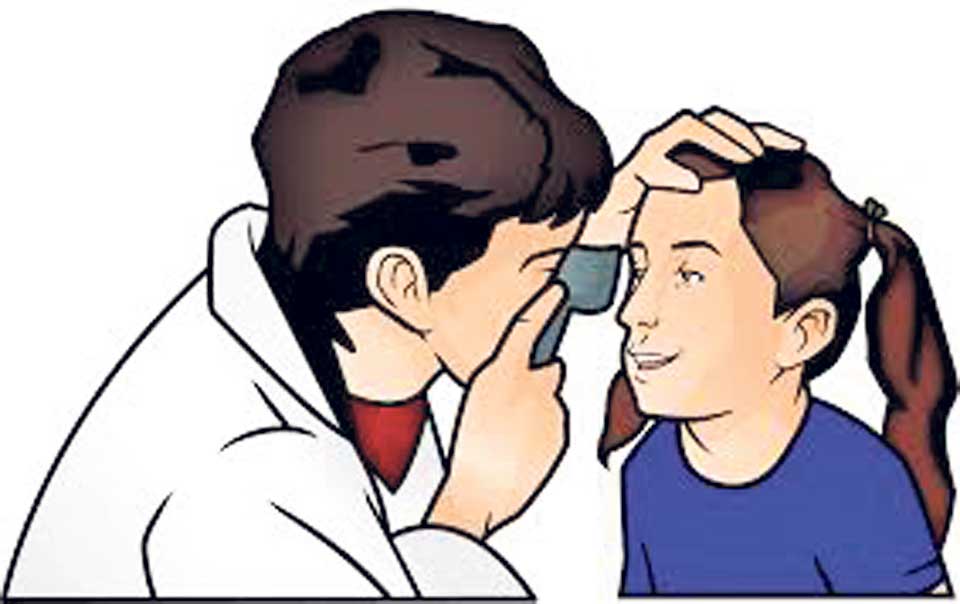Born and brought up in the US, Rachana Pradhan has been reporting about the US health care system and its government affairs for years. Pradhan was doing her Bachelor’s of Arts in Journalism at James Madison University, Virginia when she started writing for the university's paper in 2007. But she started her career only from 2008 through The Daily Progress, a local newspaper in Charlottesville, Virginia. There, she wrote about the US government's actions, importance of free press in democracy, and US health care.
Pradhan is now based in Washington DC and has been working as a health care reporter in POLITICO since 2014, where she closely monitors the US government and writes about policies and progress in the US health sector. She has also made several media appearances on regional and international networks. One of her many reports include Tom Price’s private jet scandal, who then was serving as the US Secretary of Health and Human Services under Trump administration. After the report, Price had resigned from his post on September 29, 2017.
During her recent visit to Kathmandu, Pradhan discussed health care situation in Nepal and the US with My City’s Nasana Bajracharya. Here’s the excerpt.
PM Dahal inaugurates new building of Bharatpur Eye Hospital

How has health care journalism progressed over the years?
I have been in the sector for almost a decade now and the scope has certainly expanded. Health care takes about 1/5th of GDP in the US, so it is a very important sector to work on. As healthcare in the US is fairly expensive, people now have realized the importance of health insurance. With the implementation of Obamacare, there were a lot of aspects to work on, so ultimately increasing number of jobs were available and people have been more involved. An enhanced participation of women can also be noticed that too in top positions of different editorial teams. But there is always scope for more ethnic diversity in the sector.
What are the challenges in your field of work?
The most essential thing is to understand the healthcare system. Healthcare in the US is complicated and a political matter, so to be able to report about it you first need to understand it well. Then comes the explaining part where you have to explain all the complications in the most coherent and comprehensive way. The media are levied various accusations and it is hard to maintain the trust among readers. But even in the face of opposition, it is absolutely necessary to continue to do what you are doing. Challenges will always be there, in every sector, whoever you are, you fulfill your duty and hope for the change.
How is the US healthcare system different than that of Nepal?
In comparison to Nepal, US is more transparent when it comes to journalism and a lot safer for working journalists. Nepal is struggling for political stability and journalists still are dealing with uncertainties. They are even working under life-threatening situations, false accusations, which is commendable. Nepal has definitely progressed in journalism in terms of mediums and number of people engaged in the sector. Healthcare journalism is still not a stable beat of work though.
How do you see the status of healthcare in Nepal in comparison to US?
In Nepal, not everyone has the access to proper healthcare. Healthcare in the US, however, is more developed.The US government provides a basic level of healthcare to each citizen. During my visits to Nepal, I have been to a few health camps in the cities as well as rural areas, and I saw that people still lack even the basic knowledge about their own health.
How can we improve healthcare in Nepal?
First of all, there is a dire need of proper supply to clean drinking water, which is lacking even in the capital city. Also, pollution in Kathmandu has become worse. People should be able to exercise their basic human right to clean air. Then, we can educate them about basic hygiene like hand wash which can help avoid many health hazards. If the government develops proper policies and people have health literacy, it will result in healthier population in long run. And last but not the least, understand that the less fortunate ones need more help so extend where and when possible.


































